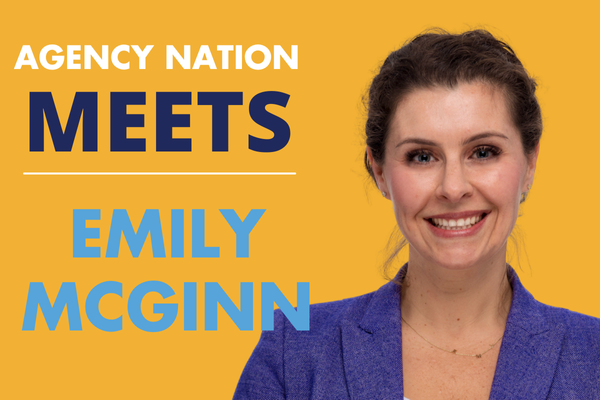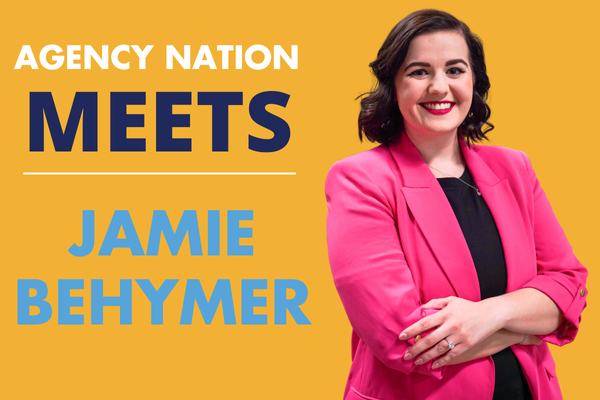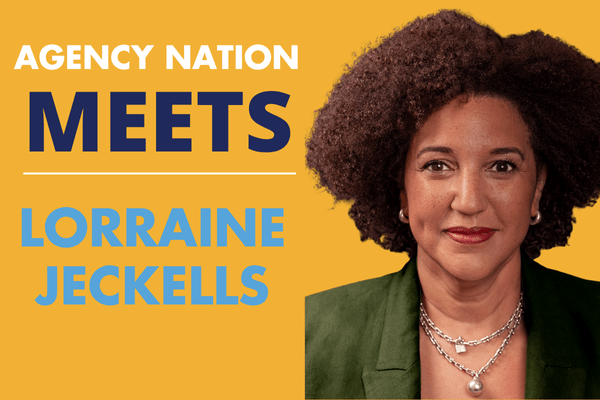Help Your Clients Plan in an Age of Uncertainty

By: Dave Evans
With the presidential inauguration behind us, everyone is turning their attention toward the confirmation process for President Trump’s appointees—not to mention the executive orders he has already signed, with several more on deck.
There’s always heightened attention at the start of a new presidency, but this one is unique as President Trump isn’t dogmatic in his approach to many issues.
From a behavioral economics standpoint, all this uncertainty can lead to paralysis for many business leaders and consumers when it’s decision-making time. A hazy picture of the future can often be a recipe for procrastination. Insurance agents and financial advisers know many people put off cementing a financial or estate plan when they believe the rules could change.
A classic example occurred during former President George W. Bush’s time in office, when the federal estate tax was eliminated in 2010—the year of George Steinbrenner’s death—only to be re-established during former President Barack Obama’s presidency. With instability like that, it’s no surprise that people don’t want to incur the effort and expense of revising their financial plans when they might have to revise them again in short order.
The priorities of the Trump Administration will undoubtedly impact a number of areas. President Trump has pledged to lower income taxes for a swath of taxpayers, and lowering corporate income tax rates has also been a hot topic. At the same time, some of the current tax deductions and tax preferences may be reduced because tax breaks in one area cause offsets in others. Kevin Brady, Chairman of the U.S. House of Representatives Ways & Means Committee, has indicated that retirement plans are on the short list of considerations.
Meanwhile, agents and insureds alike are waiting for updates on the Department of Labor’s fiduciary rule, which is slated to take effect April 10 but could be delayed or rescinded. The heart of the rule comes down to putting the client’s interests first and avoiding potential conflicts of interests, with a focus on adviser fees. Providing proactive, specific advice to clients is a great way to demonstrate the value of an adviser.
Moving forward, insurance agents and advisers need to pay close attention to all potential changes so they can proactively reach out to their clients. Consider using social media to communicate relevant legislative changes, and remember that clients usually feel reassured with a call, text, email or in-person meeting to discuss their specific situation.
Most political pundits expect the coming four years to be a rollercoaster ride. With that analogy in mind, it’s important to note that people are comfortable getting on a daunting roller coaster—as long as they’re well secured and kept safe around the twists and turns. Independent insurance agents can serve as that safety restraint by understanding their clients’ needs and objectives, and effectively preparing them to deal with a deluge of change.
Dave Evans is a certified financial planner and an IA contributor.










